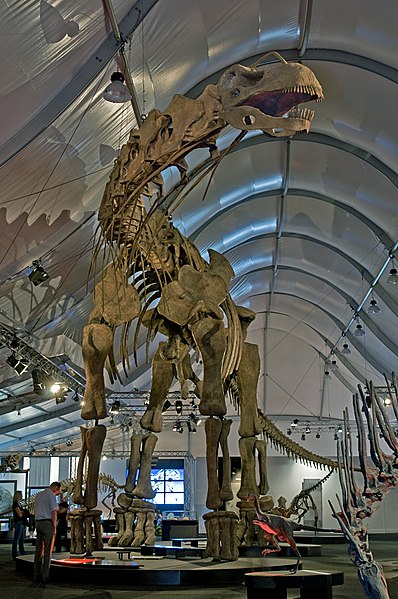No evidence that there is enough time for evolution
No evidence that there is enough time for evolution[*]
Lee M Spetner
Redoxia Israel, Ltd. 27 Hakablan St., Jerusalem, Israel
Abstract: A recent attempt was made to resolve the heretofore unaddressed issue of the estimated time for evolution, concluding that there was plenty of time. This would have been a very significant result had it been correct. It turns out, however, that the assumptions made in formulating the model of evolution were faulty and the conclusion of that attempt is therefore unsubstantiated.
[This post will remain at the top of the page until 00 hours Tuesday May 31. For reader convenience, other coverage continues below. – UD News]




 Johnson meant that real Darwinists say what Darwinism entails (materialist atheism) and then Christian Darwinists rush in to announce that we can somehow harmonize it with Christianity by not taking seriously what Darwinists actually say. Explained in detail here. The analogy is to American football.
Johnson meant that real Darwinists say what Darwinism entails (materialist atheism) and then Christian Darwinists rush in to announce that we can somehow harmonize it with Christianity by not taking seriously what Darwinists actually say. Explained in detail here. The analogy is to American football. In
In